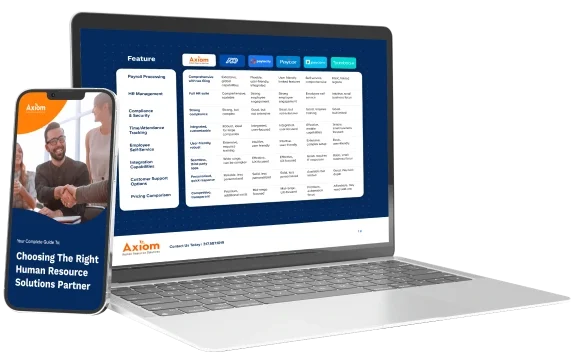
Real-Time HR is a series we share with our readers that features actual HR-related questions that are answered by experts in the field. We publish them so our audience can gain insights about current, trending HR topics.
Question:
If an employee runs out of paid time off, can we allow them to take an unpaid leave?
Answer from Kim, SPHR, AAM, CPIW:
In most cases, yes. In general, you can offer the option of unpaid leave when an employee has used all of their paid leave time. A few things to keep in mind:
- In some situations, such as under the Family and Medical Leave Act, the employee may be legally entitled to unpaid leave. In those cases, you would need to approve the unpaid leave (at least) to the extent required by law.
- For employees enrolled in your company benefit offerings, the length of the unpaid leave may impact their ability to continue to participate in benefits if the time away isn’t covered by FMLA or a similar law. Check your internal policies and benefit plan documents for details on eligibility.
- Be consistent in granting time off requests. If—in the absence of legal requirements—you have historically granted employees unpaid time off for personal reasons or family emergencies, you should continue to do so unless you want to make a permanent change in policy. Inconsistency can lead to discrimination claims.
It also wouldn’t hurt to double-check that the employee isn’t owed any paid leave beyond what they’ve already taken. Review state and local leave laws where the employee works for any requirements.
Kim has held many Senior level HR positions including VP of HR and Administration for a California-based Workers’ Compensation TPA, Director of HR for a benefit and risk management company, and board positions with a professional insurance association. Kim spends her free time tracking down her grown sons.
Do you have an HR-related question? Send it to us via our contact form and we’ll publish the answer here on our blog.
